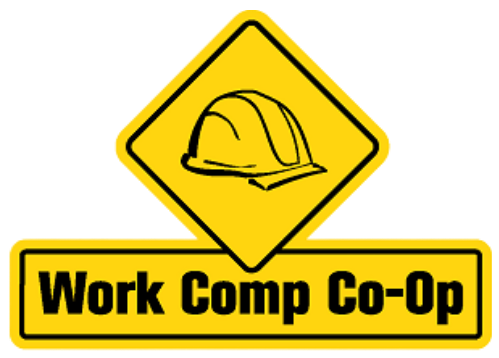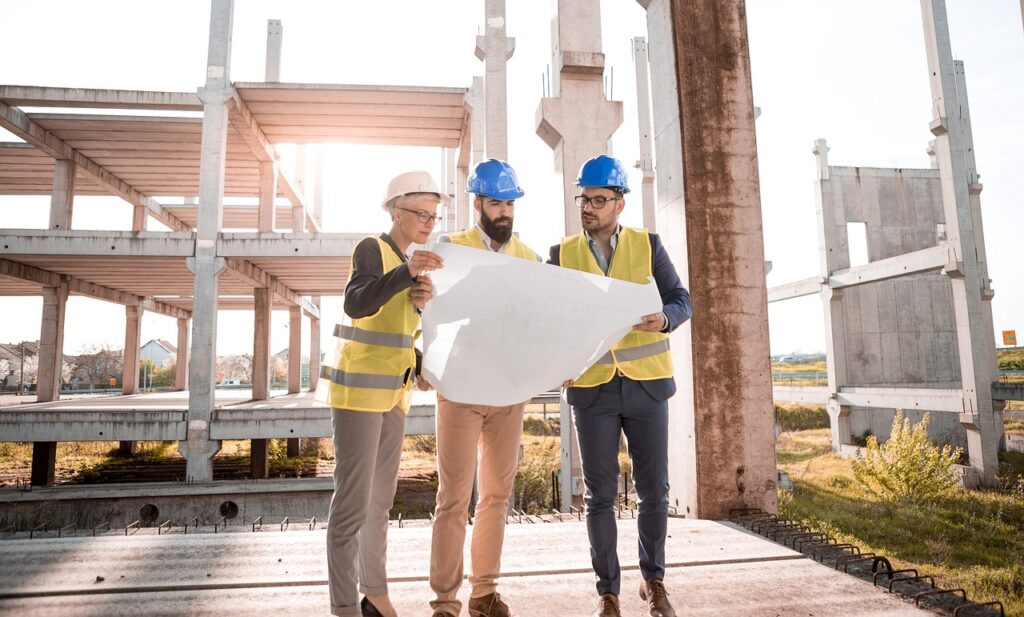The construction industry is a dynamic and complex field, involving a wide range of risks and uncertainties. From property damage to workplace injuries, unforeseen events can significantly impact construction projects and businesses. This is where construction insurance steps in as a crucial risk management tool. In this blog post, we will delve into the world of construction insurance, exploring its importance, key coverage options, and how it can safeguard your projects while protecting your business.
Protection Against Property Damage:
Construction projects involve valuable assets, including buildings, equipment, materials, and tools. Construction insurance provides coverage against property damage caused by unforeseen events such as fires, storms, vandalism, theft, or accidents. Whether it’s a partially completed structure or equipment on-site, construction insurance ensures that your investments are protected. It allows you to repair or replace damaged property, minimizing project delays and financial losses.
Liability Coverage for Accidents and Injuries:
The construction industry is inherently risky, with numerous potential hazards for workers and the public. Construction insurance includes liability coverage, which protects your business from legal and financial consequences arising from accidents, injuries, or property damage caused during construction activities. It covers medical expenses, legal defense costs, and potential settlements or judgments. By having liability coverage, you can focus on completing projects with peace of mind, knowing that your business is protected from costly lawsuits and claims.
Contractor’s Equipment and Tools Coverage:
Construction projects heavily rely on specialized equipment and tools. Any loss or damage to these essential assets can cause significant disruptions and financial setbacks. Construction insurance typically offers coverage for contractor’s equipment and tools, protecting them against theft, damage, or loss due to covered perils. Whether it’s heavy machinery, excavators, cranes, or hand tools, this coverage ensures that your equipment is safeguarded and can be quickly replaced or repaired, minimizing downtime and project delays.
Builder’s Risk Insurance:
Builder’s risk insurance is a specific type of construction insurance designed to protect projects during the construction phase. It covers the structure being built, as well as materials and supplies on-site, against risks such as fire, theft, vandalism, or natural disasters. Builder’s risk insurance provides coverage for physical damage and can also include coverage for soft costs, such as design changes, professional fees, or project delays. Having builder’s risk insurance ensures that your construction projects are adequately protected from unforeseen events that may arise during the construction process.
Contractor’s General Liability Insurance:
Contractor’s general liability insurance is an essential component of construction insurance. It provides coverage for third-party bodily injury, property damage, and personal injury claims arising from construction activities. This coverage protects contractors and subcontractors from potential lawsuits and claims that may arise from accidents, negligence, or errors in their work. Contractor’s general liability insurance is crucial for maintaining a reputable and financially secure construction business.
Workers’ Compensation Insurance:
The construction industry is known for its physical demands and inherent risks, making workers’ compensation insurance a vital component of construction insurance. It provides coverage for medical expenses, rehabilitation costs, and lost wages for workers who are injured or become ill due to work-related activities. Workers’ compensation insurance not only protects employees but also shields your business from potential lawsuits and financial liabilities. It demonstrates your commitment to the well-being of your workforce and ensures compliance with legal requirements.
Construction insurance is a fundamental risk management tool for any construction business. It provides comprehensive coverage for property damage, liability risks, equipment and tools, and worker-related injuries. By investing in construction insurance, you safeguard your projects, protect your business from financial losses, and ensure a smooth and successful construction process. Prioritizing construction insurance demonstrates your commitment to the safety and well-being of your employees, clients




